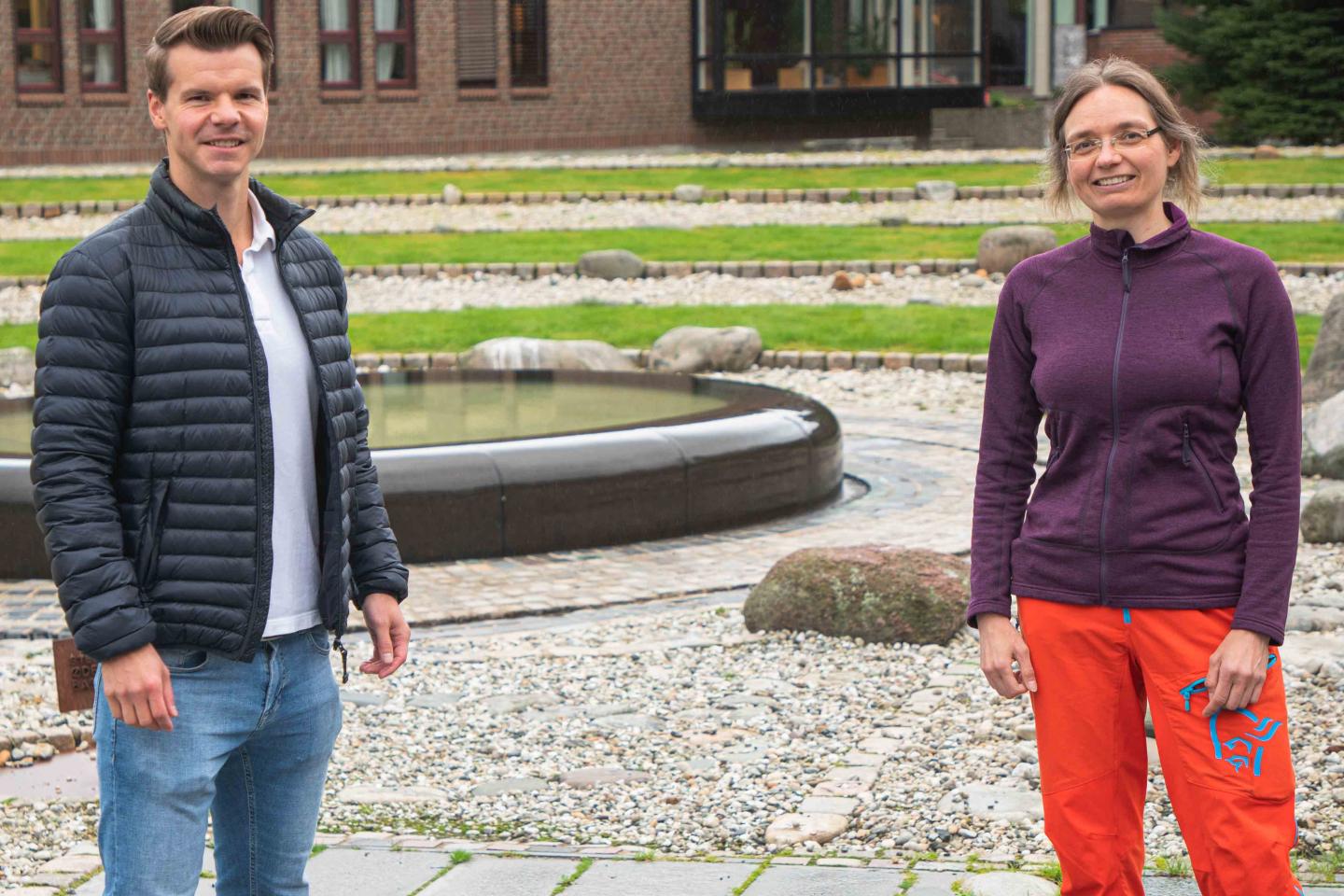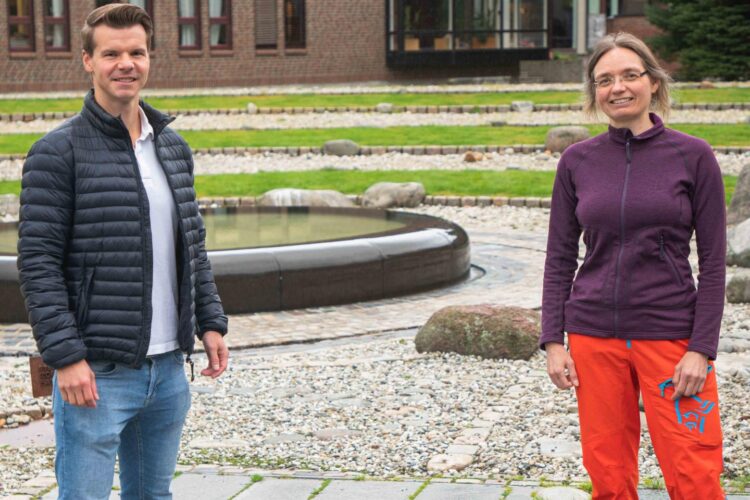
Credit: Jonatan Ottesen/UiT
In March 2020, Covid-19 was declared a global pandemic, and governments around the world imposed restrictions to reduce the spread of the Coronavirus. Some countries chose stricter measures than others. But what effect does social distancing and similar measures have on our mental health? How do we adapt?
Researchers at UiT have compared corona restrictions in six countries, and looked at psychological reactions among the population, their confidence in the restrictions and belief that the government is in control over Covid-19 in their countries.
They found that those who were satisfied with how the country fought the outbreak had better well-being and a lower perceived risk of getting Coronavirus.
Dissatisfaction created fear
– We found that those who were dissatisfied with the country’s Covid-19 response saw the risk of getting the virus as greater, were more concerned and expressed reduced faith in the possibility of controlling the outbreak, says professor at the Department of Psychology, Gerit Pfuhl.
Together with colleague Martin Mækelæ, and international research colleagues, Dr. Phuhl now present the recent results of the study in the journal Royal Society Open Science.
– Dissatisfaction with the government’s reactions to Covid-19 led to increased stress levels and psychological reactions, Pfuhl says about the results.
– Regardless of which country they lived in, those who were dissatisfied with the measures were more tense and perceived the risk of getting Covid-19 over the next two months as higher than those who were satisfied with how the country fought the outbreak, the researcher says.
Pfuhl explains that if you experience that your country is not doing enough, then you have more fear, if you think your country is doing enough to fight the outbreak, then you are more relaxed about it and have less fear.
These new research results provide important insights for decision-makers on how to take care of the well – being of their population during a global crisis.
Large survey
The researchers sent out questionnaires via social media in Norway, Germany, Israel, Colombia, Brazil and the USA, countries that had varying degrees of strict and mild restrictions. 2285 people are included in the analysis. The survey was voluntary, and the participants were asked questions about restrictions and reactions, psychological factors, fear and knowledge, and general demographics.
Gerit Pfuhl emphasizes that this study has looked at the measures that were used early in the pandemic, namely 12-31 March.
– At that time Colombia and Israel, with a full lockdown, that had the strictest measures. The mildest, in comparison with the other five countries we examined, was the USA, says Dr. Pfuhl.
Most people coped well
So how did ordinary people cope with the situation that arose in March?
– Most people coped well. Older people better than younger people. And in Norway better than other countries, says Gerit Pfuhl.
– Among the countries we compared, Norway did very well in many areas. We had little problems with mental health, and we had confidence in that our own actions and the actions of the authorities were effective, says Martin Mækelæ who is a psychology student that has worked in the project.
He says that a large proportion of Norwegians expressed that they were satisfied with how the authorities handled the situation.
– There were very few in Norway who were very scared. But we should not ignore those few, says the Dr. Pfuhl. Some people wrote to us by email, or used an open response field in the survey to express their anxiety. Among other things, some were afraid that their partner would die of Covid-19 due to for instance heart disease, says Pfuhl.
She thinks it agrees well with what other researchers have found out, i.e. that a few are very scared but most coped quite well with the situation.
Trust in society is good for health
– The vast majority reported that they believed that infection control measures were effective, says Mækelæ.
– It’s nice to see that we adapt. This means that despite the fact that the closure of society has changed the way of life, most people stayed calm and collected, and especially those who believe that their country will succeed in fighting the outbreak.
In other words, the more trust you have in society, the government, fellow citizens, and your own self-efficacy, the better it is for your own mental health.
– More than 90 percent of the population, perform infection-reducing actions, and most have self-efficacy, says Pfuhl.
When asked which restrictions are the most effective and which affect mental health the least, Pfuhl answers:
– Measures that prevent physical gatherings of people indoors are very effective. That is, fewer meetings or digital meetings – because this only creates physical distance but not social distance.
Important to communicate well
If we experienced the start of the pandemic again, and if you were part of the Norwegian government, would you do something different?
– It is hard to say. On the one hand, Norway reacted late, as did the whole of Europe, Pfuhl believes.
– On the other hand, Norway was quite good at communicating about the pandemic. The authorities were honest about the uncertainty about how serious it was.
– The government communicated well, but it could always have been better, given that the number of deaths is in itself not very informative.
She believes one must look relatively at such figures.
– That is, how many of those who tested positive died, and whether they died with or because of Coronavirus. This can reduce the fear that it is a very serious, deadly disease, the researcher concludes.
###
Media Contact
Gerit Pfuhl
[email protected]
Original Source
https:/
Related Journal Article
http://dx.





